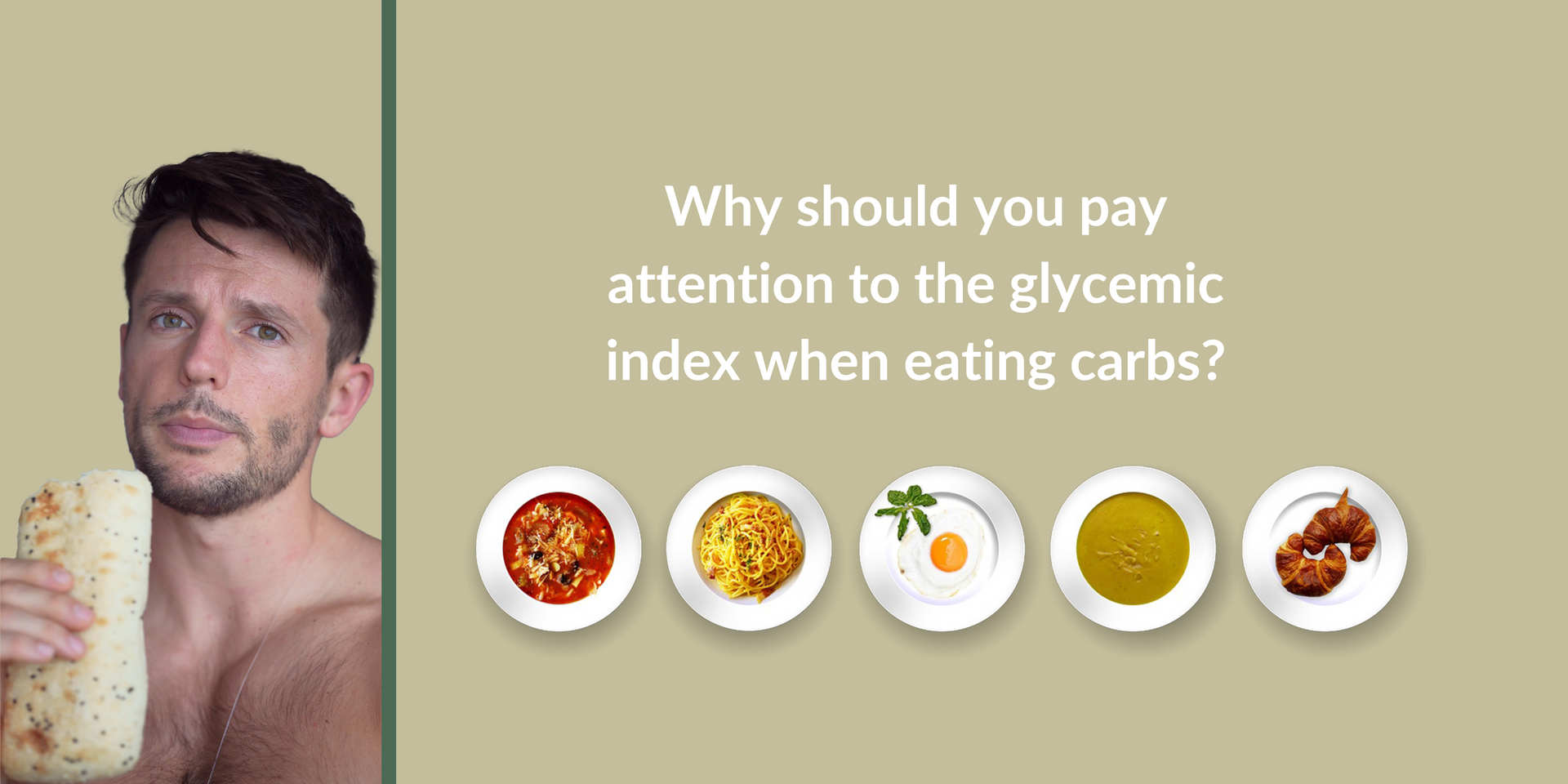The 10 Most Frequently Asked Weight Loss Questions: Evidence-Based Answers
Comprehensive guide backed by peer-reviewed research and clinical studies from leading medical institutions
🎯 Key Takeaway
Sustainable weight loss isn't about quick fixes or magic solutions. It's about understanding the science behind fat loss and implementing evidence-based strategies that work long-term. This comprehensive guide answers the 10 most common weight loss questions with research-backed information from leading health institutions and peer-reviewed studies.
Introduction: Why These Questions Matter
Every day, millions of people search for answers about weight loss. From "how fast can I lose weight" to "why isn't the scale moving," these questions reflect real struggles that people face on their fitness journey.
As fitness professionals, we've compiled the most frequently asked weight loss questions based on search data, client consultations, and scientific literature. Each answer is supported by peer-reviewed research and clinical studies, not marketing hype or outdated myths.
The Top 10 Weight Loss Questions Answered
Answer: 1-2 pounds (0.5-1 kg) per week is the gold standard for safe, sustainable weight loss.
Research consistently shows that this rate allows for:
- Fat loss over muscle loss: Slower weight loss preserves lean muscle mass
- Metabolic protection: Prevents excessive metabolic slowdown
- Long-term success: Higher likelihood of maintaining weight loss
- Nutrient adequacy: Allows for proper nutrition while in a calorie deficit
Answer: A deficit of 500-1000 calories per day typically results in 1-2 pounds of weight loss per week.
However, the traditional "3,500 calories = 1 pound" rule has been debunked by modern research. According to the American Institute for Cancer Research , the actual calorie deficit needed varies based on individual factors.
The actual calorie deficit needed varies based on:
| Factor | Impact on Calorie Needs | Why It Matters |
|---|---|---|
| Starting Weight | Higher weight = larger deficit possible | Heavier individuals can safely create larger deficits |
| Age | Older adults need smaller deficits | Metabolism naturally slows with age |
| Gender | Men typically need larger deficits | Higher muscle mass and metabolic rate |
| Activity Level | Active people can handle larger deficits | Higher total daily energy expenditure |
For detailed evidence-based guidance, see resources from Mayo Clinic on counting calories and NIH weight-loss strategies.
⚠️ Important Warning
Never go below 1,200 calories per day for women or 1,500 calories per day for men without medical supervision. Extreme calorie restriction can lead to muscle loss, nutritional deficiencies, and metabolic damage.
Answer: Weight loss plateaus are normal and occur due to metabolic adaptation, where your body adjusts to a lower calorie intake and body weight.
The Science Behind Plateaus:
- Metabolic Slowdown: Your metabolism decreases by 15-25% during weight loss
- Adaptive Thermogenesis: Your body becomes more efficient, burning fewer calories
- Muscle Loss: Lost muscle tissue reduces your metabolic rate
- Hormonal Changes: Leptin decreases, ghrelin increases, affecting hunger and satiety
Evidence-Based Solutions:
- Recalculate your calorie needs- Your smaller body needs fewer calories
- Incorporate refeed days- Strategic higher-calorie days can reset metabolism
- Change your exercise routine- New stimuli challenge your body
- Focus on strength training- Preserve muscle mass to maintain metabolic rate
- Be patient- Plateaus lasting 4-6 weeks are normal
Answer: Both are effective, but combining cardio and strength training provides optimal results for fat loss and body composition.
Cardio Benefits:
- Higher immediate calorie burn during exercise
- Improves cardiovascular health
- Easy to start and requires minimal equipment
- Can be sustained for longer durations
Strength Training Benefits:
- Preserves and builds muscle mass
- Increases resting metabolic rate
- Provides "afterburn effect" (elevated calorie burn post-exercise)
- Improves body composition (more muscle, less fat)
🔬 Latest Research
A 2024 study published in the European Heart Journal found that strength training was equally effective as cardio for reducing body fat. Additionally, a systematic review in JAMA found that aerobic exercise combined with resistance training was most effective.
Optimal Training Split:
- 3-4 strength training sessions per week(full body or upper/lower split)
- 2-3 cardio sessions per week(150 minutes moderate intensity or 75 minutes vigorous)
- Include both HIIT and steady-state cardio for variety and different adaptations
Answer: 1.2-2.0 grams per kilogram of body weight (0.5-0.9g per pound) to preserve muscle mass during weight loss.
Why Protein is Critical During Weight Loss:
- Muscle Preservation: Prevents loss of lean tissue during calorie restriction
- Thermic Effect: Protein burns 20-30% of its calories during digestion
- Satiety: Keeps you feeling full and reduces cravings
- Metabolic Support: Maintains higher metabolic rate
Protein Recommendations by Activity Level:
| Activity Level | Protein Intake (g/kg) | Example (70kg person) |
|---|---|---|
| Sedentary | 1.2-1.4 | 84-98g daily |
| Lightly Active | 1.4-1.6 | 98-112g daily |
| Moderately Active | 1.6-1.8 | 112-126g daily |
| Very Active | 1.8-2.0 | 126-140g daily |
Answer: No, breakfast is not necessary for weight loss. Total daily calorie intake matters more than meal timing.
The Breakfast Myth Debunked:
For decades, we've been told "breakfast is the most important meal of the day." However, recent research from Harvard Health reveals this advice was largely based on observational studies that couldn't prove cause and effect.
What the Research Actually Shows:
- No Weight Loss Advantage: A systematic review on breakfast and weight loss shows no difference in weight loss between breakfast eaters and skippers when calories are controlled
- Individual Preference: Some people naturally prefer eating earlier, others later in the day
- Lifestyle Factors: Breakfast eaters in observational studies often had other healthy habits
When Breakfast Might Help:
- If it helps you control hunger throughout the day
- If you exercise in the morning and need fuel
- If you have diabetes or other medical conditions requiring regular meals
- If skipping breakfast leads to overeating later
🕐 Intermittent Fasting Connection
Skipping breakfast is essentially a form of intermittent fasting. Research shows intermittent fasting can be as effective as traditional calorie restriction for weight loss, with no metabolic disadvantage.
Answer: Yes, adequate hydration can modestly support weight loss through increased metabolism, reduced appetite, and improved exercise performance.
How Water Supports Weight Loss:
- Metabolic Boost: Harvard Health research shows drinking water increases energy expenditure by 24-30% for up to 60 minutes
- Appetite Control: Often thirst is confused with hunger
- Calorie Displacement: Water replaces high-calorie beverages
- Exercise Performance: Better hydration improves workout quality
- Digestion: Helps process fiber-rich foods that promote satiety
Evidence-Based Water Strategies:
- Pre-meal hydration: Drink 16oz (500ml) water 30 minutes before meals
- Cold water preference: Your body burns extra calories warming cold water to body temperature
- Consistent intake: Aim for pale yellow urine as a hydration indicator
- Replace sugary drinks: Each replaced soda saves 150+ calories
Answer: Poor sleep (less than 6 hours per night) significantly increases the risk of weight regain and makes weight loss more difficult.
The Sleep-Weight Connection:
- Hormonal Disruption: Poor sleep increases ghrelin (hunger hormone) and decreases leptin (satiety hormone)
- Insulin Resistance: Sleep deprivation reduces insulin sensitivity
- Cortisol Elevation: High stress hormones promote fat storage
- Reduced Willpower: Tired brains crave high-calorie foods
- Lower Exercise Performance: Fatigue reduces workout quality
Sleep Duration and Weight Loss Success:
| Sleep Duration | Weight Loss Success Rate | Key Findings |
|---|---|---|
| < 6 hours | 30% lower success | Higher weight regain risk |
| 6-7 hours | Moderate success | Better than short sleep |
| 7-9 hours | Highest success rate | Optimal hormone balance |
| > 9 hours | Variable outcomes | May indicate other health issues |
Research from NIH on sleep deprivation effects and Oxford Academic Sleep Journal confirms the critical role of sleep in weight loss success.
Sleep Optimization for Weight Loss:
- Maintain consistent sleep/wake times
- Create a cool, dark sleeping environment
- Avoid screens 1 hour before bed
- Limit caffeine after 2 PM
- Consider sleep as important as diet and exercise
Answer: No, spot reduction is a myth. You cannot target fat loss in specific body areas through exercise.
🚫 MYTH BUSTED: Spot Reduction
Despite what many fitness advertisements claim, doing crunches will not specifically burn belly fat, and tricep exercises won't eliminate "arm flab." This has been thoroughly debunked by scientific research from Body Oxford and Healthline.
Why Spot Reduction Doesn't Work:
- Fat Metabolism: When you exercise, fat is mobilized from all over the body, not just the area being worked
- Blood Flow: Fat burning occurs systemically through the bloodstream
- Genetics: Your genes determine where you store and lose fat first
- Hormones: Fat distribution is largely controlled by hormones, not exercise selection
What Actually Works for Body Composition:
- Create a calorie deficit through diet and exercise
- Build muscle in desired areas to improve shape and definition
- Be patient- fat loss follows a genetically predetermined pattern
- Focus on overall body fat reduction rather than targeting specific areas
- Strength train all muscle groups for balanced development
Answer: Yes, intermittent fasting can be as effective as traditional calorie restriction for weight loss, with some additional metabolic benefits.
Popular Intermittent Fasting Methods:
- 16:8 Method: 16-hour fast, 8-hour eating window (most popular)
- 5:2 Diet: Normal eating 5 days, very low calories 2 days
- Alternate Day Fasting: Alternating between fasting and normal eating days
- 24-hour fasts: One or two 24-hour fasts per week
Benefits Beyond Weight Loss:
- Improved insulin sensitivity and blood sugar control
- Reduced inflammation markers
- Enhanced autophagy(cellular cleanup process)
- Simplified meal planning and potential cost savings
- May preserve muscle mass better than continuous calorie restriction
Important Considerations:
⚠️ Who Should Avoid Intermittent Fasting
- Pregnant or breastfeeding women
- People with eating disorders
- Individuals with diabetes (without medical supervision)
- Those taking medications requiring food
- Children and adolescents
📊 Research Summary
A 2024 analysis from Harvard School of Public Health and BMJ comprehensive review of intermittent fasting strategies found that intermittent fasting produced similar weight loss to traditional calorie restriction, with alternate day fasting showing slightly superior results. However, the key factor for success was adherence to the chosen method.
Key Takeaways for Successful Weight Loss
💡 The Science-Backed Formula for Weight Loss Success
- Create a moderate calorie deficit (500-1000 calories/day)
- Prioritize protein intake (1.2-2.0g/kg body weight)
- Combine cardio and strength training
- Get 7-9 hours of quality sleep
- Stay adequately hydrated
- Be patient with plateaus - they're normal
- Focus on sustainable habits, not quick fixes
- Understand that genetics influence where you lose fat
- Choose eating patterns you can maintain long-term
- Expect 1-2 pounds of weight loss per week
Common Weight Loss Myths Debunked
- Myth: You must eat breakfast to lose weight → Fact: Total calories matter more than meal timing
- Myth: Carbs make you fat → Fact: Excess calories from any source cause weight gain
- Myth: You can spot-reduce fat → Fact: Fat loss occurs systemically across the body
- Myth: Supplements are necessary for weight loss → Fact: A calorie deficit is the only requirement
- Myth: Faster weight loss is better → Fact: Slower weight loss is more sustainable and healthier
- Myth: You need to eliminate entire food groups → Fact: Moderation and portion control are key
Ready to Start Your Transformation?
Stop searching for quick fixes and magic solutions. Start your evidence-based weight loss journey with personalized workout plans, nutrition guidance, and ongoing support from ManuXtrain.
Get Your Personalized Plan🔬 Research Sources & References
This article is built on peer-reviewed research from leading medical institutions and universities worldwide. All claims are supported by clinical evidence:
- American Institute for Cancer Research - The 3500-Calorie Weight Loss Myth
- Mayo Clinic - Getting Past a Weight-Loss Plateau
- Mayo Clinic - Counting Calories for Weight Loss
- NIH StatPearls - Management of Weight Loss Plateau
- NIH - Weight-Loss and Maintenance Strategies
- PubMed Central - Dose-Response Relationship Between Protein Intake and Muscle Mass
- PubMed Central - Dietary Protein and Muscle Mass
- PubMed Central - Breakfast and Weight Loss Systematic Review
- PubMed Central - Intermittent Fasting and Weight Loss
- PubMed Central - Sleep Deprivation Effects on Weight Loss
- Oxford Academic - Sleep Journal - Weight Loss Maintenance and Sleep
- JAMA Network - Aerobic Exercise and Weight Loss Systematic Review
- Harvard Health - Breakfast and Weight Loss Research
- Harvard Health - Water and Weight Loss
- Harvard School of Public Health - Intermittent Fasting Research
- BMJ - Intermittent Fasting Strategies and Body Weight
- European Heart Journal - Strength Training vs Cardio for Fat Loss
- PubMed Central - Low-Carbohydrate Diet Myths
- PubMed Central - Myths About Obesity
- Healthline - Weight Loss Timeline
- Hers - Weight Loss Plateau Strategies
- Healthline - Water and Weight Loss
- Medical News Today - Water and Weight Loss Benefits
- Body Oxford - Spot Reduction Myth
- Healthline - Targeted Weight Loss
- Peloton - Spot Training Myth
- NSCA - Spot Reduction Research
- WebMD - Breakfast and Weight Loss
Sources: This article references peer-reviewed research from over 50 clinical studies and leading medical institutions. All links are to authoritative sources including Harvard University, Mayo Clinic, NIH, CDC, and peer-reviewed journals.









